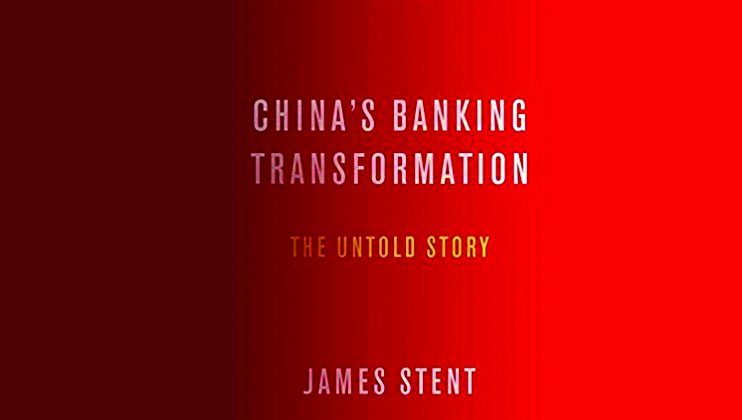Monday, June 5, 2017 | 5:30 PM EDT
National Committee on U.S.-China Relations |, New York, NY
China watchers have long predicted the imminent collapse of China’s banking system. Between increased reliance on unstable funding sources, and an expanding credit to GDP gap, experts’ concerns are not unwarranted. Yet the collapse has not happened. In China’s Banking Transformation: The Untold Story, former banking director James Stent looks at what the experts have been missing, and why their predictions have not materialized.
Challenging the mainstream consensus on China’s banking system, Mr. Stent argues Chinese banks are hybrid organizations, which simultaneously respond to shareholder interests and the demands of party-defined economic goals. Understanding how Chinese banking has transformed since the early 1990s requires looking at China’s banks in the context of how the country’s political economy works, and at the continuing influence of China’s traditional culture on its contemporary institutions.
Drawing on his experience working inside two of China’s top banks, Mr. Stent examines some of the key strengths of China’s banking system, and explains the unique political and cultural factors that must be considered in assessing the success of Chinese banks. On June 5, Mr. Stent joined National Committee President Stephen Orlins for a discussion of his book, his views on the Chinese banking sector, and what they mean for our understanding of China’s political economy overall.

James Stent
James Stent has pursued a career in financial services in Thailand and China. Beginning in 2006, he served for six years as an independent director and chairman of the audit committee of the China Everbright Bank, followed by four years as a member of the bank’s Board of Supervisors. From 2003 to 2006 he was an independent director on the board of the China Minsheng Bank in Beijing. He is presently an independent director and chairman of the audit committee of the XacBank of Mongolia.
Mr. Stent worked for 18 years in Bangkok at Bank of Asia, a Thai bank, serving as deputy president of the bank until his retirement in 2002, continuing thereafter as a director of the bank until 2004. Jim began his banking career with Citibank, working in New York, Manila, and Hong Kong. He then joined Crocker National Bank, working in San Francisco, Hong Kong and Bangkok, before moving to the Bank of Asia.
In addition to his banking career, Mr. Stent also has experience in cultural heritage protection and tourism development. He is chairman of the steering committee of the Siamese Heritage Trust, and previously served as director of the Raks Thai Foundation and as a council member and honorary treasurer of the Siam Society. He also served for three years as the CEO of WildChina, a Chinese travel firm specializing in cultural and ecological tourism.
Mr. Stent grew up in the San Francisco Bay Area and received a bachelor’s degree in history at the University of California, Berkeley, and a master’s of public affairs degree from the Woodrow Wilson School of Public and International Affairs at Princeton University, where he focused on development economics. He speaks and reads Chinese and Thai.
